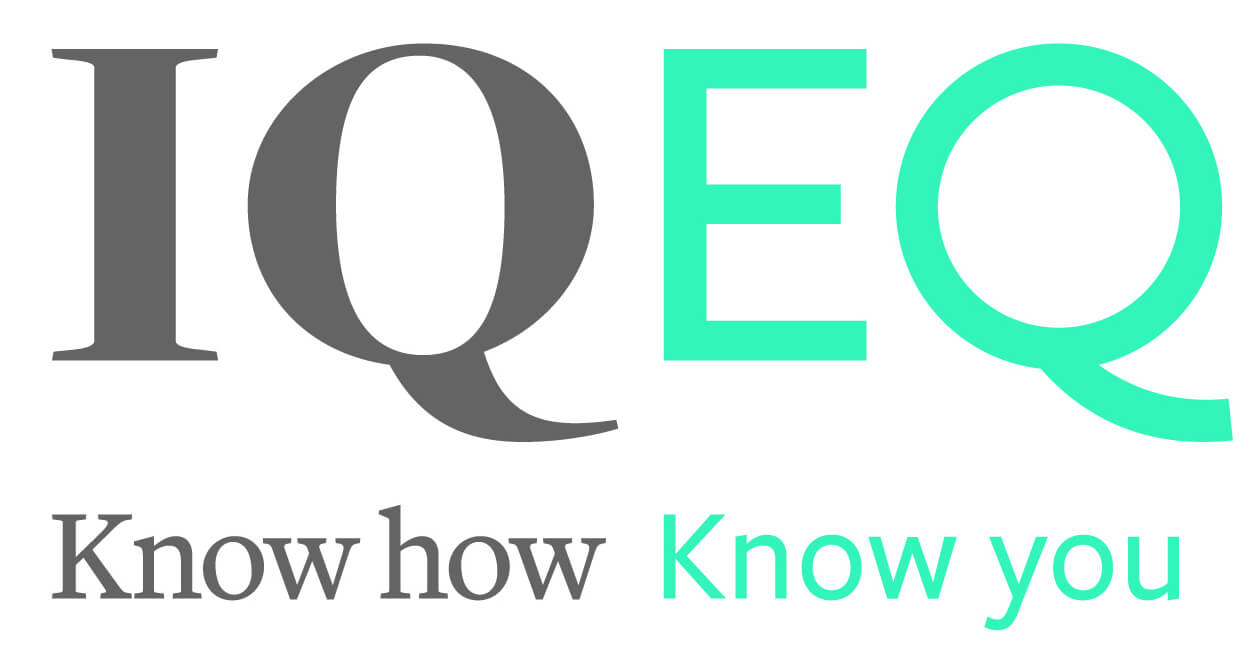Health Crisis and General Meetings
Newsletter - June 2021
Since the French Ordinance of 25 March 2020, and the Decree of 10 April 2020, providing for exceptional and temporary adaptations of the rules for the convening, information, holding and deliberations of general meetings and other collective corporate bodies, other provisions have been published throughout the health crisis to allow them to continue operating.
French Act No. 2021-689 of 31 May 2021, and two decrees of 1 and 7 June 2021 on health crisis exit management extended the application of the Ordinance until 30 September 2021, and the application of the Decree until 31 July 2021. These provisions allow companies to choose either to convene shareholders to a meeting in person or to continue to consult them in camera or remotely.
I would like to hold a meeting attended in person. What rules must I apply?
A minimum distance of one seat shall be left between the seats occupied by each person. Health and social distancing measures must continue to be observed.
When the company decides to hold a meeting of shareholders in a public venue (conference room, meeting room, auditorium), in addition to complying with the safety measures, the following cumulative conditions must be met:
- The number of people received may not exceed 65% of the venue’s capacity or 5,000 people per room,
- Each person must have a seat,
- A minimum distance of one seat must be left between the seats occupied by each person or group of up to 10 people coming together,
- Access to areas where people can gather is prohibited unless they are arranged in such a way as to ensure compliance with health and social distancing measures.
It shall be noted that the departmental prefects may define specific measures that should be checked in each individual case.
I would like to consult my shareholders remotely. What can I do?
The exceptional system which authorises, in particular, the holding of meetings “in camera”, by conference call or by videoconferencing, as well as the written consultation of shareholders, is applicable to meetings of collective bodies held up to 30 September 2021.
A meeting in camera is a meeting held without the members attending in person or by means of a conference call or videoconferencing. These meetings are only possible if there is an administrative measure limiting or prohibiting travel or gatherings for health reasons, preventing the physical presence of the meeting members.
Written consultation of shareholders does not require the existence of an administrative measure preventing the physical presence of the shareholders. This consultation method may therefore be used without any reason, until 30 September 2021.
I have changed my mind and I would like to switch from a meeting “in person” to a meeting “in camera”, or vice versa, but I have already convened it. What can I do?
You must inform the shareholders by any means that ensures their effective information, at least three working days before the date of the meeting.
The information includes the way the meeting is being held (“in camera” or “in person”, as the case may be), the date, time and venue of the meeting if applicable. The information also includes a clear and precise description of the conditions in which the shareholders will be able to exercise all their rights, particularly their voting rights.
I would like to give the shareholders the option of choosing between “physical attendance” and “videoconferencing”. Is this possible?
Yes, the choice is made by the body that is competent to convene the meeting.
However, use of this method of participation requires adequate technical means. They must:
- allow the members of the meeting to be identified;
- transmit at least the participant’s voice;
- allow continuous and simultaneous broadcasting of the debates.
The monthly newsletter is distributed free of charge to the firm’s clients via email. This document is designed to provide information and may not reflect the most recent legal developments. Clients and readers should not take action or refrain from taking action on the basis of information contained in this newsletter without seeking professional advice.
